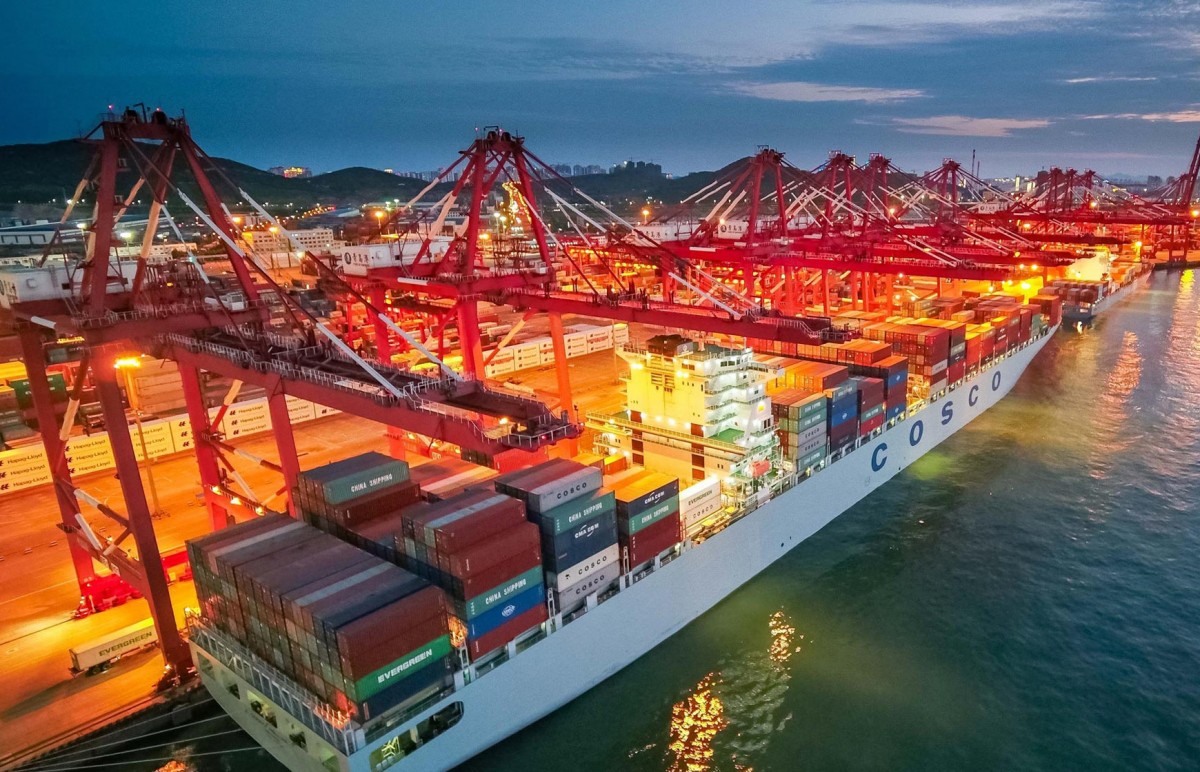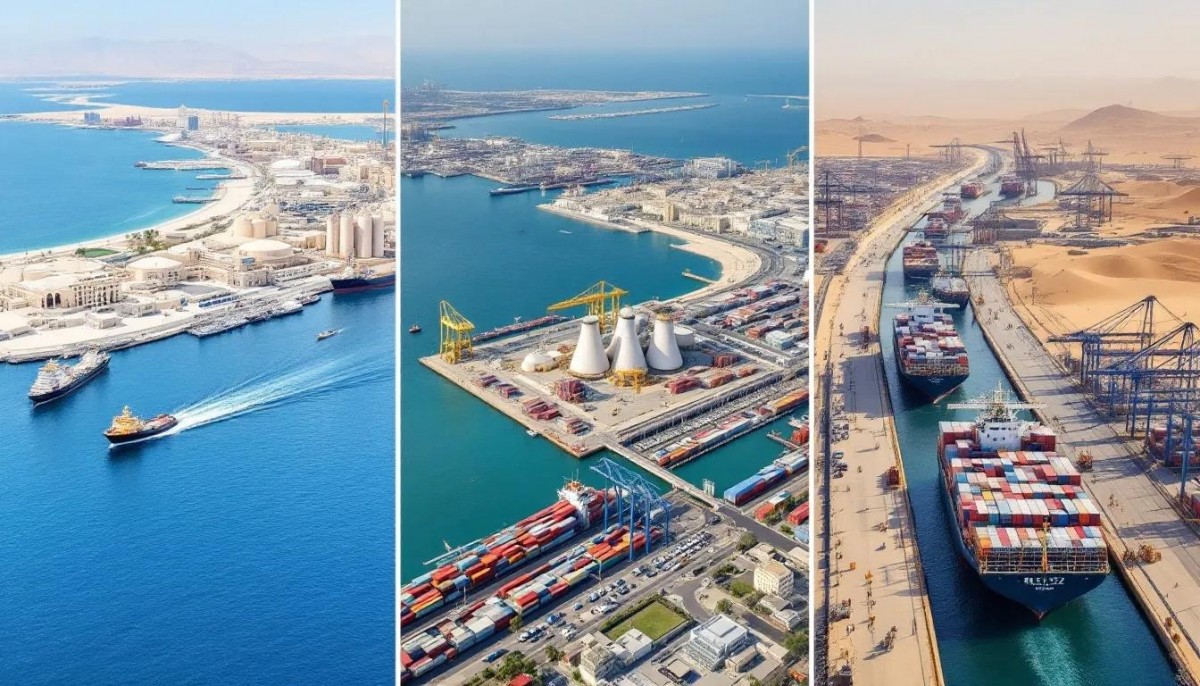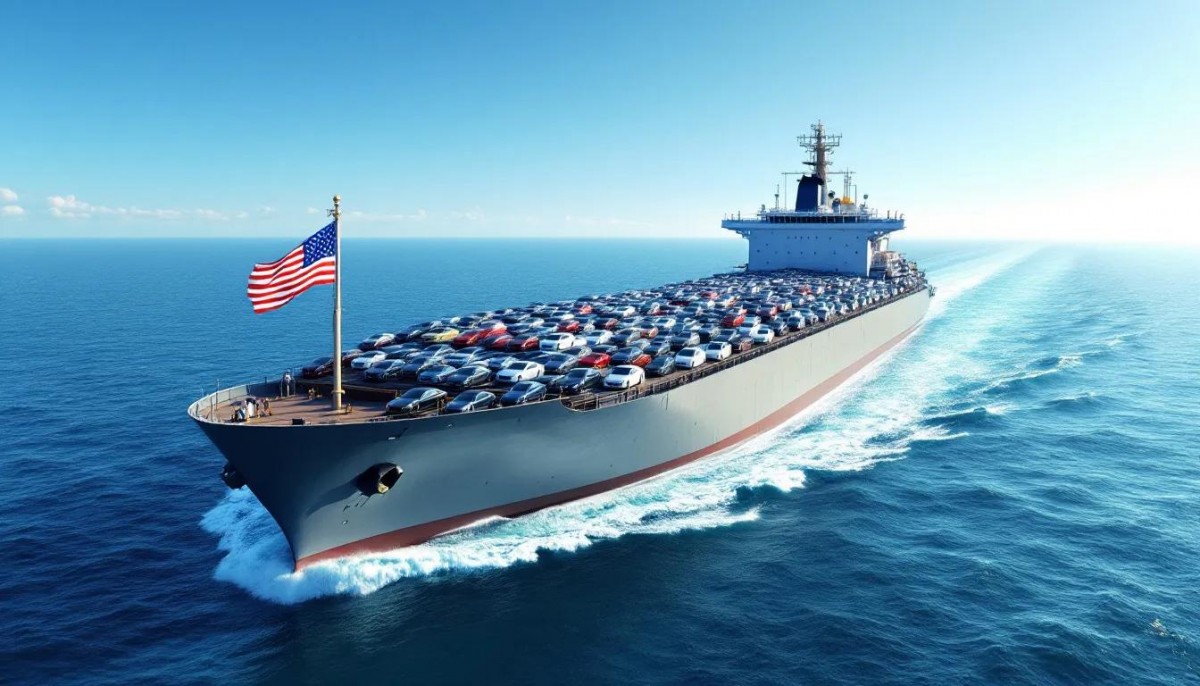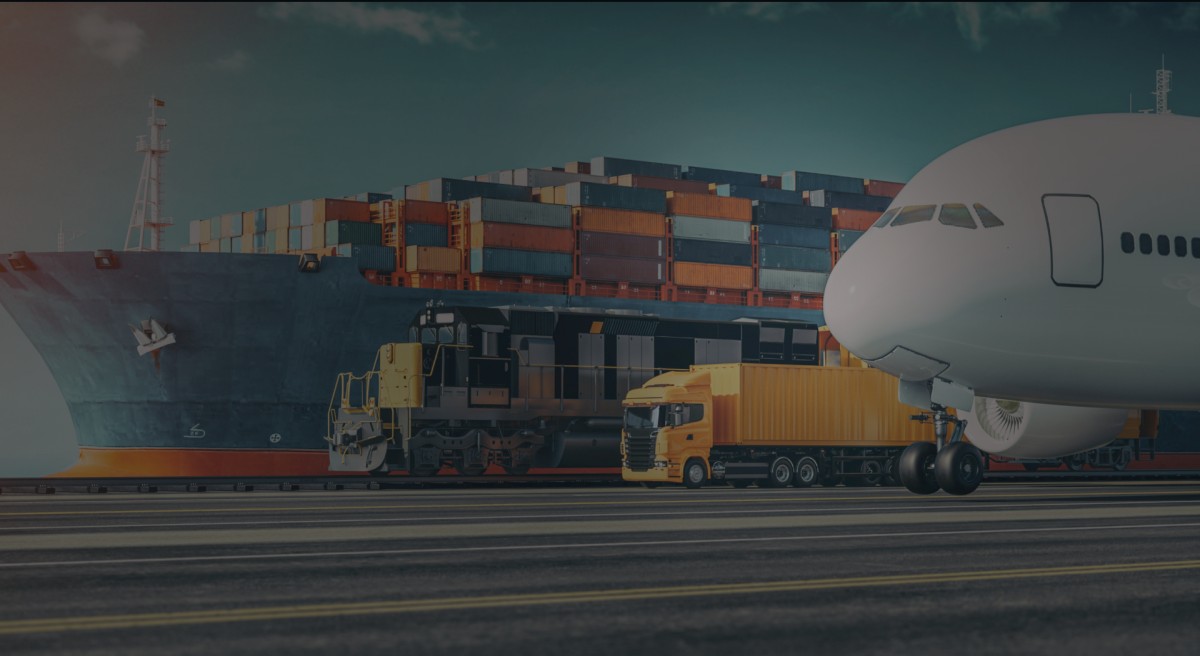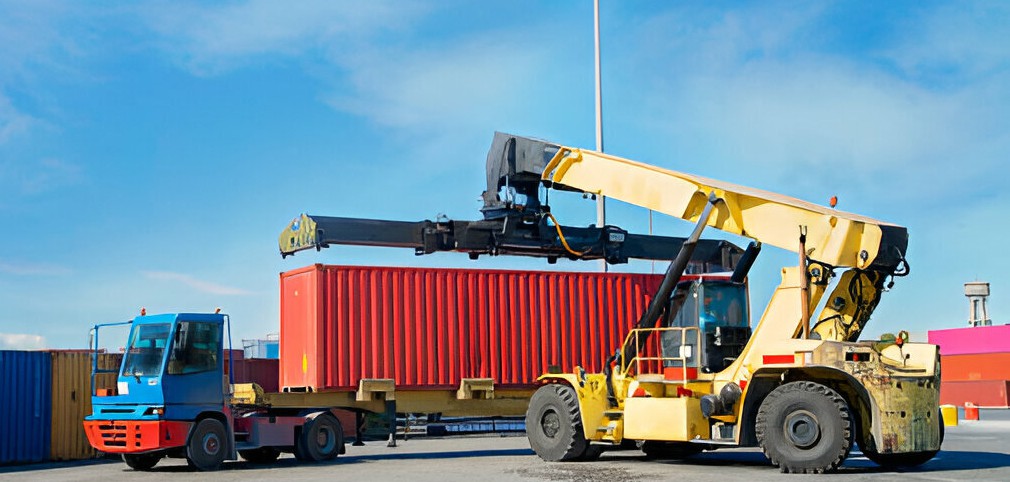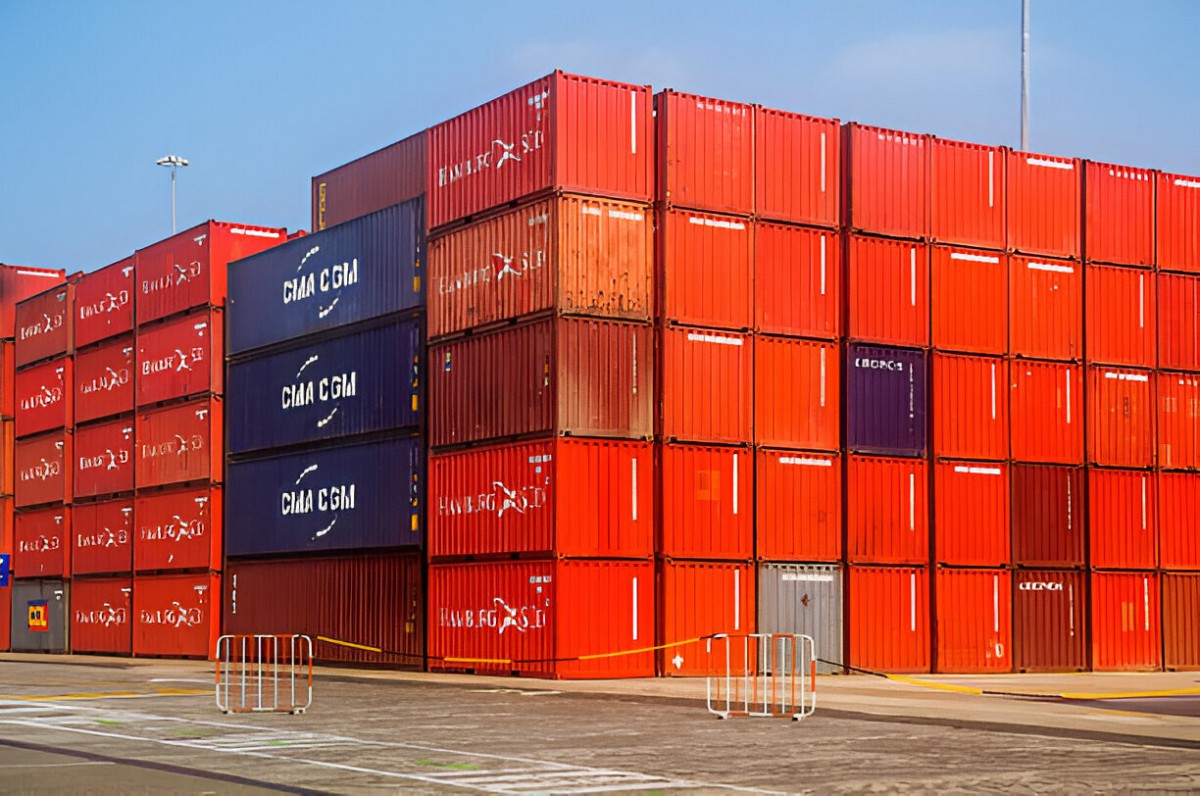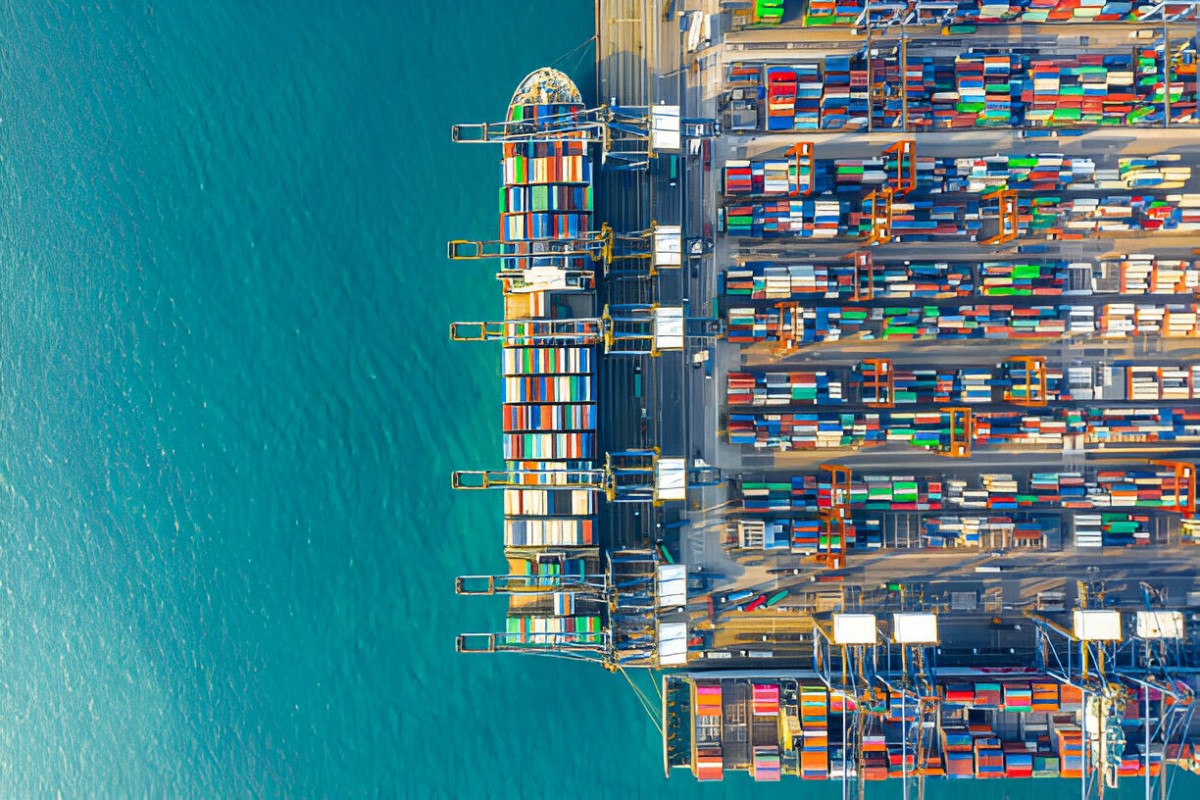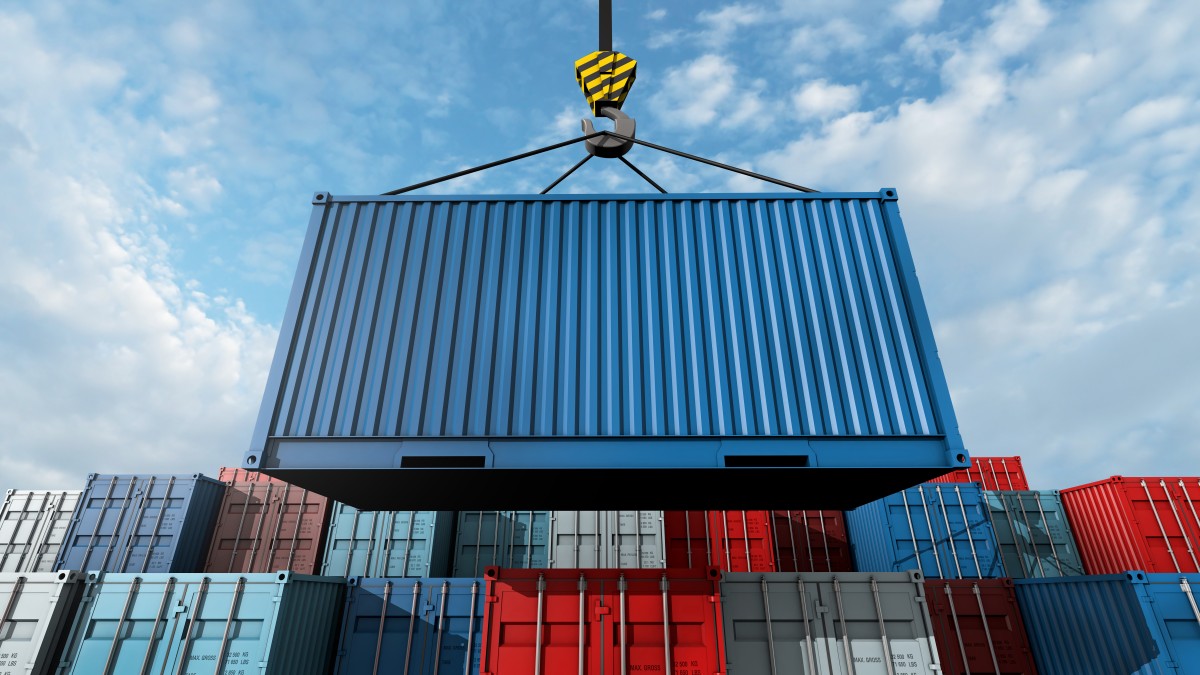In the world of international trade and maritime shipping, unexpected costs can arise and significantly affect your bottom line. Among the most common and costly are Demurrage, Detention, and Storage charges. Understanding the difference between them—and how to avoid them—can save your business thousands of dollars.
What is Demurrage?
Demurrage refers to charges applied when a container remains at the port or terminal beyond the allotted free time after arrival. This free time usually ranges from 3 to 7 days, depending on the shipping line. If the container is not cleared and moved out of the port within this period, demurrage charges start accumulating daily.
What Are Demurrage Charges?
Demurrage charges are calculated on a per-container, per-day basis and typically range from $50 to $150 per day. The rates can vary depending on the port, shipping line, container type, and the number of delayed days. Some carriers apply a tiered pricing system, where charges increase the longer the delay.
What Causes Demurrage Charges?
Demurrage often results from:
- Delays in customs clearance or documentation issues
- Late payments or missing shipping documents
- Lack of trucking availability or delayed inland transport
- National holidays or port congestion
- The consignee being unprepared to receive the cargo

What is Detention and Why Is It Charged?
Detention occurs after the container has left the port but is not returned to the shipping line within the agreed timeframe. The container is considered the property of the shipping line, and holding it longer than allowed incurs detention charges.
Why Is Driver Detention Charged?
In inland transportation, if a truck driver waits beyond the standard free loading/unloading time (usually 2 hours), a fee called driver detention is charged. This compensates for lost time and operational delays affecting the transport company.
What’s the Difference Between Demurrage and Detention?
| Aspect | Demurrage | Detention |
|---|---|---|
| Location | Inside the port or terminal | Outside the port (e.g., at warehouse) |
| Trigger Point | After free time ends in the terminal | After container is gated out |
| Charged by | Shipping line or terminal operator | Shipping line |
| Applies to | Port space usage | Container usage beyond free days |
Demurrage vs. Port Storage – What’s the Difference?
While both involve holding cargo at a port, Demurrage relates to the use of the container within port facilities, while Port Storage is charged by the terminal or customs authority for occupying physical space—regardless of whether the goods are in containers or not.

How Are Demurrage Charges Calculated?
The standard calculation formula:
Number of delayed days × daily rate × number of containers = total charge
For example:
4 containers × $100 per day × 3 days = $1,200
Some carriers use escalating rate structures—the longer the delay, the higher the per-day charge.
Best Ways to Handle Demurrage and Detention Fees
- Plan customs clearance and delivery in advance
- Pre-book inland transportation in coordination with ETA
- Ensure all shipping and commercial documents are complete before arrival
- Request extra free time in writing, if delays are anticipated
- Work with a reliable freight forwarder who actively monitors cargo status
Tips to Avoid Detention in Shipping
- Review your shipping line’s terms and container return deadlines
- Coordinate closely between broker, trucker, and warehouse
- Return empty containers promptly after unloading
- Include detention terms in your inland transport contracts
- For projects, consider container rental or use of shipper-owned containers

Strategies to Avoid Demurrage Charges
- Use pre-clearance procedures where available
- Digitize your documentation process
- Monitor vessel ETAs and synchronize delivery accordingly
- Maintain real-time communication with port agents and customs brokers
- Anticipate delays and act early to move cargo out on time
How Can Descartes Help Reduce Detention and Demurrage Charges?
Descartes is a global logistics tech leader offering tools that help reduce unnecessary shipping costs:
- Real-time shipment visibility
- Automated documentation workflows
- Predictive delay analytics
With these capabilities, businesses can pinpoint supply chain bottlenecks and proactively avoid demurrage and detention costs.
Demurrage, detention, and storage fees can severely impact your shipping budget if not managed proactively. The key to controlling these costs lies in planning, documentation readiness, timely communication, and partnering with experienced logistics providers. With the right strategies and technology, you can keep your supply chain running efficiently—without surprise charges.







